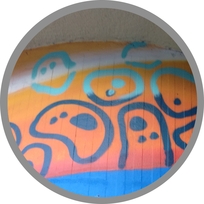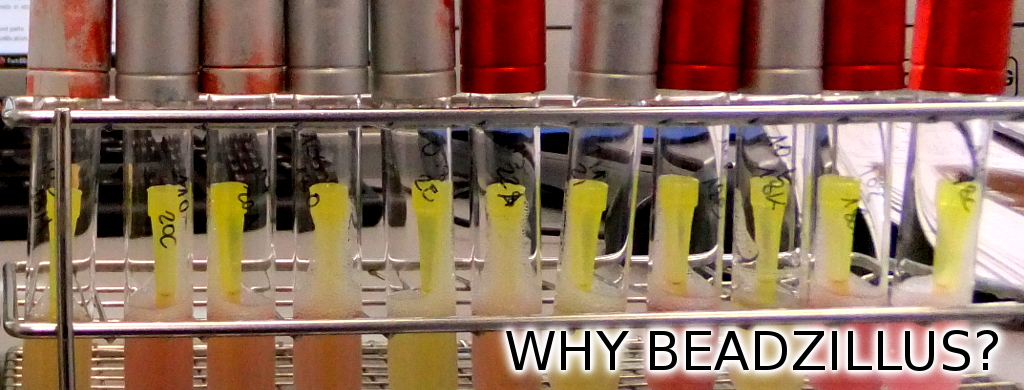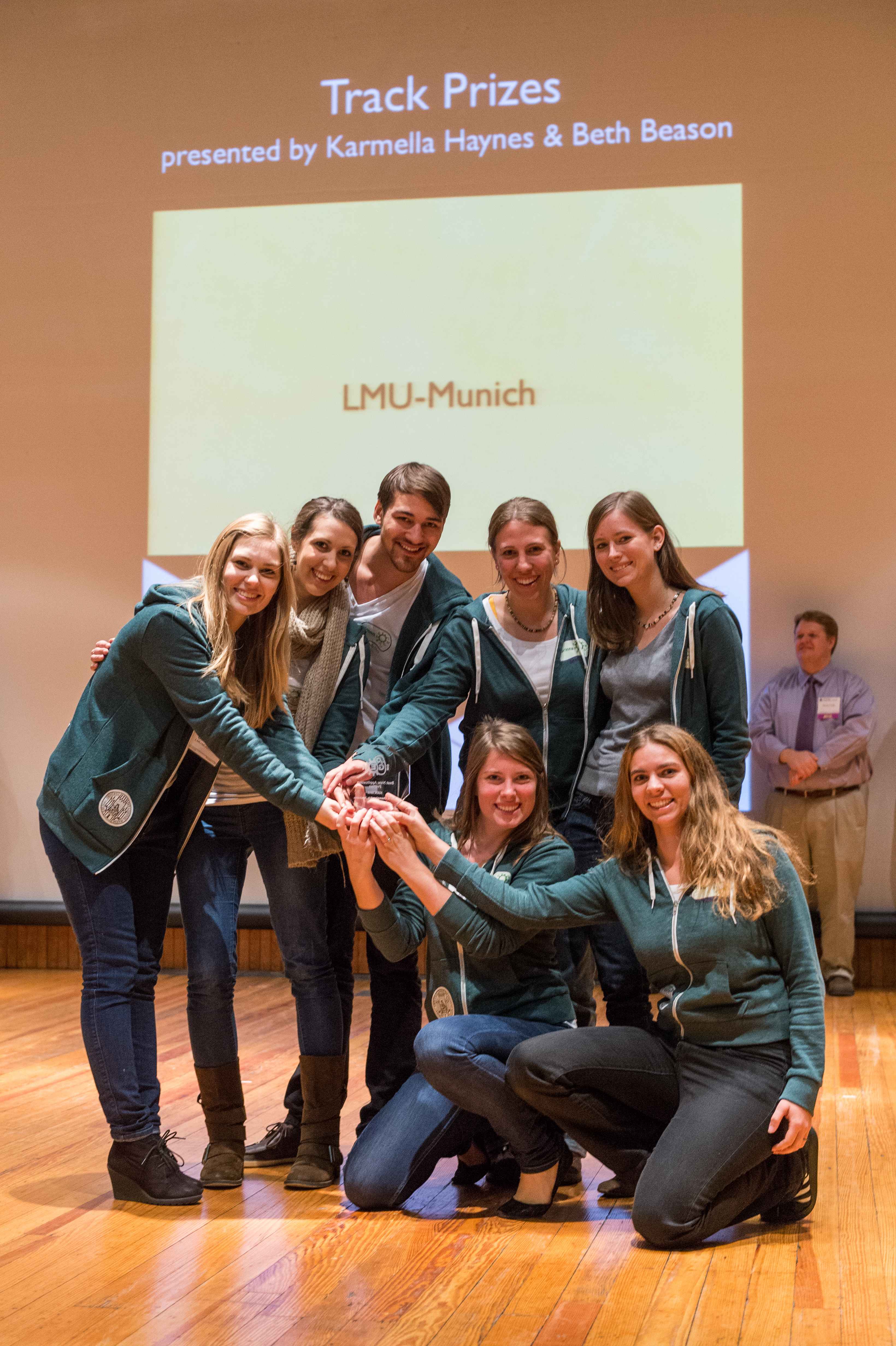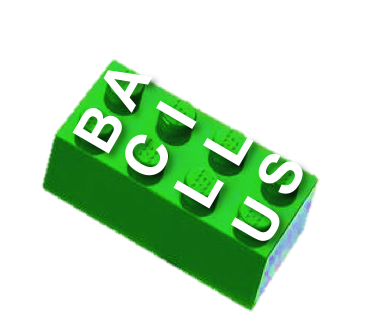Team:LMU-Munich/Why Beadzillus
From 2012.igem.org
| Line 13: | Line 13: | ||
<p align="justify"> | <p align="justify"> | ||
<br> | <br> | ||
| - | + | Filters are widely used in everyday life and within the lab. Filters, such as ''Brita'' filters for removing calcium and other contaminants from drinking water and plumbing systems are abundant. In the lab, filters are used for DNA purification and protein purification. | |
PICTURE | PICTURE | ||
| Line 19: | Line 19: | ||
| - | All of | + | All types of filters are filled with some type of matrix which determine the function of the filter. To maximize the surface in a miminal volume, beads are commonly applied in any kind of filters. These microbeads have a certain size and can display protein on their surface for functional use of them. Then the feature of the protein characterize the characteristics of the filter. The coupling of proteins to the beads is based on affinity binding, for example nickle NTA-tags where the protein which carrys the histidin tag binds to the nickel ion.Several companies offer such microbeads with proteins coupled to their surface by using affinity tags. |
<br> | <br> | ||
<br> | <br> | ||
Revision as of 11:49, 25 October 2012

The LMU-Munich team is exuberantly happy about the great success at the World Championship Jamboree in Boston. Our project Beadzillus finished 4th and won the prize for the "Best Wiki" (with Slovenia) and "Best New Application Project".
[ more news ]


Why Beadzillus?
Filters are widely used in everyday life and within the lab. Filters, such as Brita filters for removing calcium and other contaminants from drinking water and plumbing systems are abundant. In the lab, filters are used for DNA purification and protein purification.
PICTURE
All types of filters are filled with some type of matrix which determine the function of the filter. To maximize the surface in a miminal volume, beads are commonly applied in any kind of filters. These microbeads have a certain size and can display protein on their surface for functional use of them. Then the feature of the protein characterize the characteristics of the filter. The coupling of proteins to the beads is based on affinity binding, for example nickle NTA-tags where the protein which carrys the histidin tag binds to the nickel ion.Several companies offer such microbeads with proteins coupled to their surface by using affinity tags.
These beads are usually very expensive, the production is more labourious as the protein has to be expressed, bound to the beads and then washed again, and the binding of the protein is non-covalent. For this problem, we want to offer a synthetic biology solution in our project BEADzillus where we produced biological beads.
But what are these biological beads made of? Based on a clever thing, evolution developed millions of years ago endospores of the soil bacteria Bacillus subtilis. They are a dormant life stage of this bacteria which is highly resistant and can survive harsh conditions. To get to know more about the life cycle and the production of endospores have a look at the life cycle of B. subtilis on the next page.
 "
"








